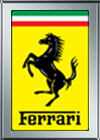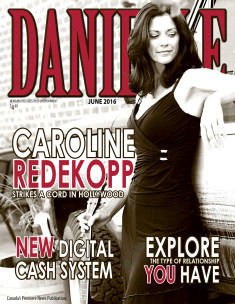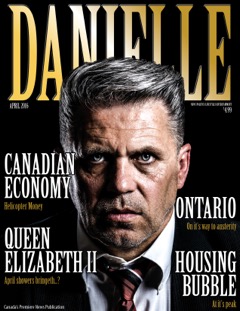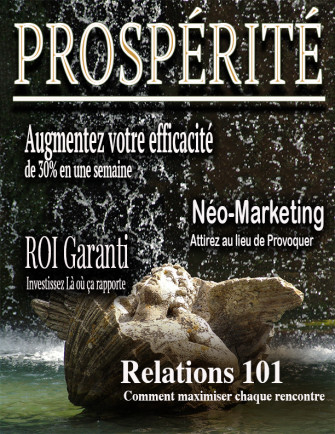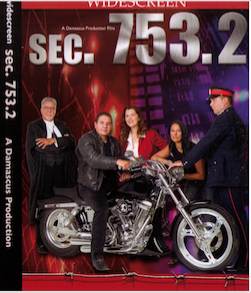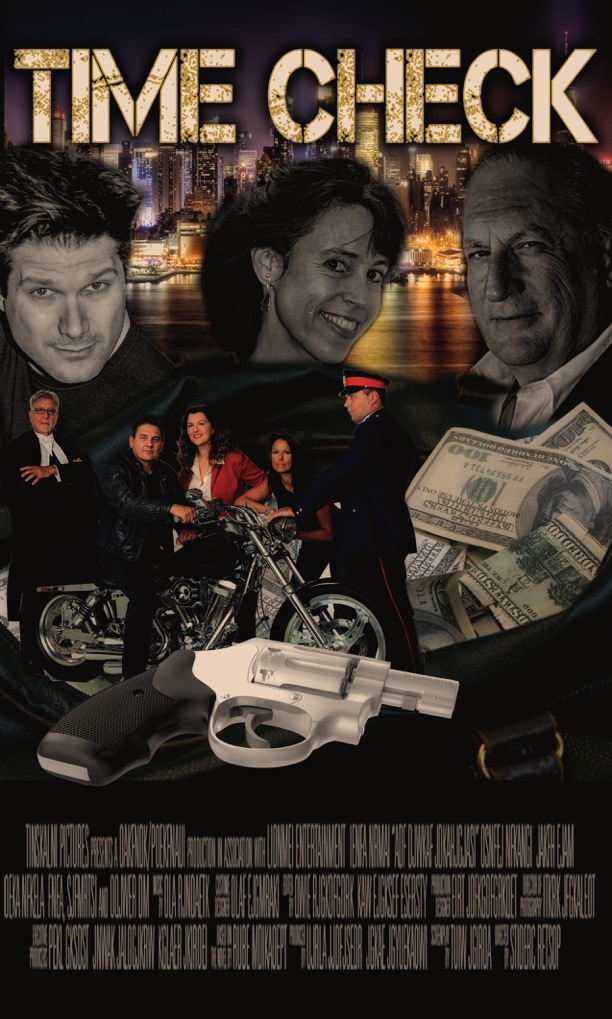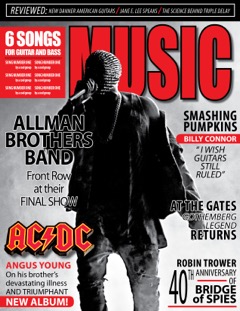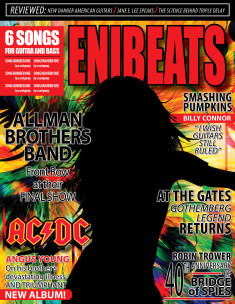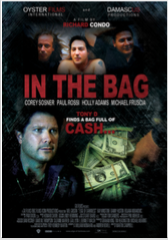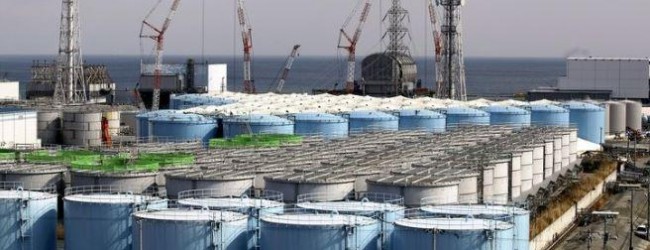Nicolas Maduro of Venezuela is bidding to join the ranks of presidents for life. His biggest obstacle is the grinding economic crisis that he created.
He coasted to victory Sunday in an election that defied international authorities, a desultory vote boycotted by the opposition and the most obvious evidence so far that the nation’s socialist experiment enjoys scant popular support. Maduro may join strongmen like Zimbabwe’s Robert Mugabe, Cuba’s Fidel Castro and Kazakhstan’s Nursultan Nazarbayev, controlling an outcast nation for decades.
But Maduro, a protege of the late Hugo Chavez, rules over a populace infuriated and enervated by hunger and want. Already, the regime has been punished and isolated, and U.S. Deputy Secretary of State John Sullivan said Sunday that sanctions on the all-important oil industry would be under “active review” — a move that would worsen shortages of food, medicine, electricity and even water.
Venezuela’s electoral authority said Sunday night that Maduro won almost 68 percent of the vote, while former governor Henri Falcon, his closest rival, took about 21 percent. The most telling number was turnout: Only 48 percent, the weakest for a presidential election since Chavez took over in 1999. That figure seemed optimistic.
Briceida Vallenilla, 50, an out-of-work beautician who voted for Falcon, surveyed an empty polling place in the working-class Caracas neighborhood of San Juan.

“I always said you can’t complain unless you do your part to change,” she said. “Now I feel deceived. After tomorrow, it won’t be worth my time again.”
It was unclear whether the deserted polls were due to disillusioned government supporters or dissidents who heeded the first-ever call to shun a presidential vote they called rigged. What is certain is that Maduro, a 55-year-old former bus driver and foreign minister, has found no solutions to arrest the nation’s plunge.
He has promised an “economic revolution.” But his Petro cryptocurrency, created to skirt sanctions, flopped and he has resorted to a plan to lop three zeroes off the embattled bolivar currency. Billions of dollars in debt payments are coming due and creditors such as ConocoPhillips are seizing the assets of the state oil company. Hyperinflation could accelerate to 13,000 percent this year, and the International Monetary Fund forecast a 15 percent economic contraction.
“This is a speeding train that is headed straight toward disaster; there is no plan that the government appears to have at the moment that could fix it,” said Phil Gunson, a Caracas-based analyst at the International Crisis group.
For years, the nation honored its debts, shelling out hard currency to bondholders even as store shelves went empty and hospitals lacked medicines. But since November, Venezuela has skipped payment deadlines on nearly $4 billion in bonds, raising concern among creditors about the $65 billion outstanding from the nation and its state-run entities. Sanctions prohibit Americans from receiving new bonds in a restructuring.
Still, Maduro has ignored calls to change course. Regional diplomatic initiatives to broker peace among warring political factions broke down as the regime only continued to consolidate power — and to play nicely with the U.S. would betray the so-called Bolivarian revolution.
“I say this to the empire,” Maduro said Sunday night with a dramatic pause. “Turn it down a notch, turn it it down a notch. Understand us.”
But the government brushed aside the legislative and judicial branches, jailed opponents and drove others into exile. Over the past two years, the regime blocked a recall referendum; threatened to prosecute opposition supreme court nominees; and installed a legislative superbody to bypass the opposition-led national assembly. Then, came Sunday’s defiant vote.
Military support was crucial to Maduro last year, when the armed forces squared off with demonstrators. A country-wide wave of anti-government protests ended with more than 120 dead and hundreds more arrested.
But soldiers are joining the growing exodus fleeing the economic collapse. Maduro’s standing inside and outside the barracks will be crucial if conditions only continue to get worse. Influential policy makers have already advocated regime change by undemocratic means.
“The world would support the Armed Forces in Venezuela if they decide to protect the people & restore democracy by removing a dictator,” U.S. Senator Marco Rubio, a Florida Republican who serves on the Foreign Relations Committee, wrote on Twitter in February.
There has been speculation that will occur soon. But there are few other hints of how the crisis might end.
“If there is no intention of reform, then we’re going over the cliff,” said Gunson of International Crisis Group.


